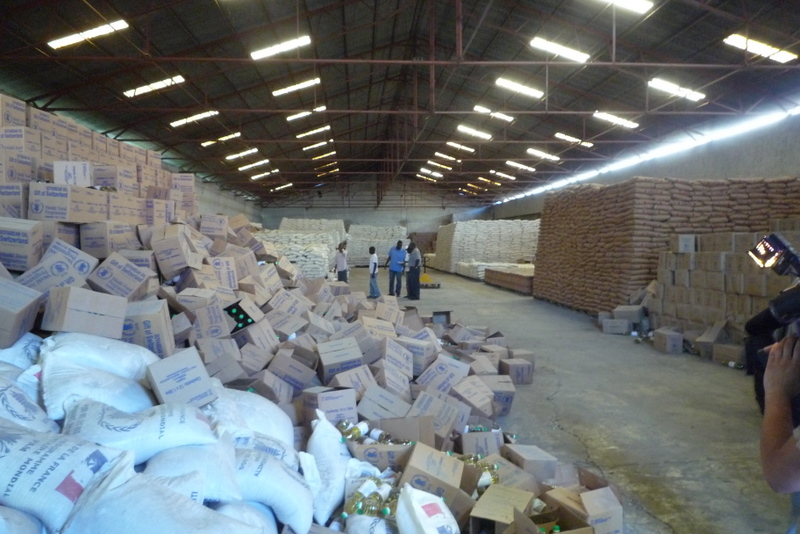Guest post by Jeff Mosenkis of Innovations for Poverty Action.
- The effective altruism careers blog 80,000 Hours argues that support roles within an organization, like in operations or assisting, can have big overall impact by multiplying others’ effectiveness.
- In that vein, IPA’s hiring a global operations director.
- We’re also hiring what (IMHO) might be one of the most important and complex jobs in the org, Kenya Country Office Director. It involves managing a staff of 500 across several offices, and by my count over 50 active RCTs at the moment (including the monumental Universal Basic Income trial). Both have potential for high impact; please pass along to anybody you think might be interested.
- Justin Sandefur explains the debate over the GiveDirectly three-year results – cash works, but the effects may fade over time, and might hurt people who don’t get it. Berk Ozler, who first pointed out some of the discrepancies, adds his thoughts.
- Meanwhile, in Afghanistan, wartime cash grants may have backfired. When the money ran out, people turned to the Taliban for more. A vocational training program didn’t help much either, but the two together boosted support for the government.
- Researchers, particularly early career (grad student/post-doc/assistant profs), looking to explore new ideas in Peace and Recovery (broadly defined) can submit funding proposals by April 30th. Other proposals due May 25th.
- The story of how the release of some of the Nigerian girls kidnapped by Boko Haram was negotiated was crazy (involving the world’s foremost Boko Haram expert, a security guard at a Dubai supermarket), but what happened next to a few is even crazier:
- A Nigerian lawyer in America convinced a few families to send some of the girls to the U.S. with him, where he put them up in remote boarding schools, then paraded them around against their will to fundraise for his organization (often in Churches, sometimes in DC) arguing there’s a Christian genocide in Nigeria (there isn’t). Some of the girls secretly called Homeland Security to help them escape from one of the schools.
- On the 24th anniversary of the Rwandan genocide, NPR discusses the role radio played in fomenting hatred, and talks with the people who created a popular radio drama to try to bridge ethnic divisions. The radio program is still running today, and Princeton’s Betsy Levy Paluck talks about the randomized controlled trial she ran, finding it didn’t change people’s personal beliefs, but changed their perception of public norms around marrying members of the opposing ethnic group.
- Statapush will send a push notification to your phone when your code is done running. (The same author, William Schpero, also wrote a module for merging U.S. state FIPS codes.) h/t Kasey Buckles


6 Responses
for extratorrent proxy list visit this, have a good day.
This is great blog i keep all the thing in the mind
what is that things, i want to research on it however, there is research papers for sale online if any body interested go for it thanks.
Thank you a lot! It’s really helpful
Thank you a lot! It’s really helpful
Thank you a lot! It’s really helpful
Superb Information, I really appreciated with it, This is fine to read and valuable pro potential, I really bookmark it, pro broaden read. Appreciation pro sharing. I like it.hotmail sign up